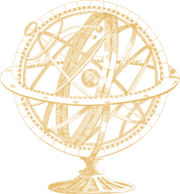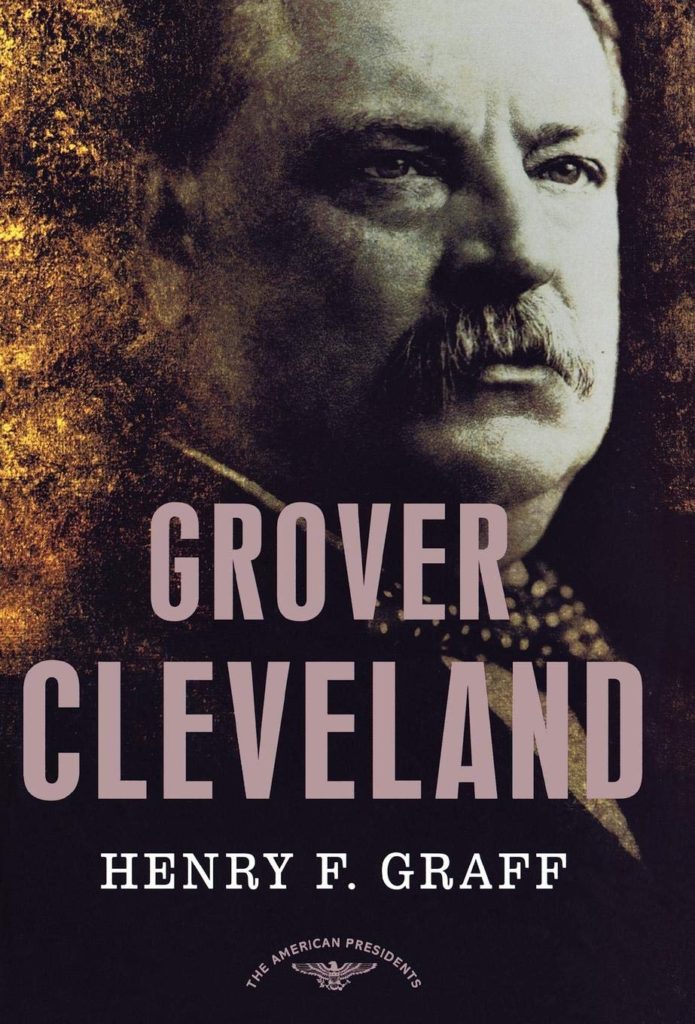“What do you think the American people would think of me if I wasted my time going to a ball game?”
Grover Cleveland
I’m going to get a little harsh on my reading choice for this round. For such a short book it’s amazing how little there was about Grover Cleveland himself. Hard to say if the author is a generalist who preferred to paint a picture of the times around Cleveland’s life or if (like Chester Arthur) there is scant record to go on about the man. The book was mostly vestigial details about events that didn’t seem that important, awkward and rushed transitions from one phase of life to the next and lots and lots and lots of clever little phrases and idioms. I feel like I need to read another book to find out what the guy actually did as president, but I don’t really feel like investing a lot of time in a middling chief executive.
Rant over. Breathing. On to what I did learn. Grover Cleveland had some of the greatest trivia tidbits in presidential history. He eclipses Martin Van Buren in that sense and will get the same adjusted formatting for that reason.
Grover Cleveland Trivia!
- Served as the 22nd and 24th president, the only time someone won two non-consecutive terms of office
- June 2, 1886 – first ever presidential wedding in the White House. Marries Frances Folsom, 27 years his junior
- 1887 – acquires right to establish naval base at Pearl Harbor
- One of two presidents to neither go to college nor serve in the military (shout out #2 to MVB)
- His first daughter was Baby Ruth of candy bar fame (and only lived to 13)
- Grover was his middle name. His first name was Stephen
- Dedicated the Statue of Liberty in 1886 as president
- Great-grandfather Aaron was in the Connecticut legislature and introduced the first bill in American history calling for the abolition of slavery
- Moses Cleaveland served in the Revolution and in Connecticut politics. Lead a group of investors to establish a settlement in the Connecticut Western Reserve which they named Cleaveland for his efforts. Supposedly the local paper dropped the first ‘a’ to save room on the masthead, giving us Cleveland today
- Served in the same law firm Millard Fillmore had, making it the only law firm with two future presidents as partners
- Legally avoided the Civil War draft by paying $150 for a sub, a Polish immigrant who survived the war
- The Buffalo Hangman – Nicknamed this because sometimes as sheriff he would actually pull the lever on those being hanged
Aside from this trivia goldmine, most people have the same question when it comes to Grover Cleveland. Why the split in presidential terms? Well, he actually won the popular vote in the middle contest by over 90,000 votes. Benjamin Harrison’s camp, however, had WAY deeper pockets which allowed the Republicans to do all manner of shenanigans, including allegedly buying votes in Indiana and elsewhere (though this was disputed in the Harrison book I read next). The Republican operatives also cut a backroom deal with the campaigning governor-to-be of New York that if he would push the state (Cleveland’s home state) to Harrison, they would get Republicans to vote him into office in Albany. Cleveland didn’t campaign and the organization to get him elected was, well, unorganized. He might have won three in a row had he not forsaken the war chest and put any amount of effort into winning the 1888 election.
Maybe part of the reason he didn’t put much effort into campaigning was because he hated being president. He once called it “a dreadful self-afflicted penance for the good of my country. I see no pleasure in it and no satisfaction, only a hope that I may be of service.” After dealing with the constant stream of office seekers (before the newly reformed civil service process was up and running) he exclaimed, “My God, what is there in this office that any man should ever want to get into it!”
Cleveland was a Democrat, but the party platform of the Gilded Age was essentially the reverse of what it is today. As governor of New York, he wanted an income tax and thought taxing land and real estate only was unfair to the land-owning class. In his first go-round as president, Cleveland laid out a typical Democrat agenda that called for the application of business principles to public affairs, honest treatment of Indians, condemnation of polygamy (among other Christian tenets), and rigorous enforcement of immigration laws to exclude “a servile class [read: Chinese] to compete with American labor, with no intention of acquiring citizenship, and bringing with them and retaining habits and customs repugnant to our civilization.” He wanted smaller government and thought all “unnecessary offices should be abolished, and all employment of doubtful benefit discontinued.” He believed in the free market and viewed the presidency as the Constitution originally laid it out: a hands-off referee.
This is your public service announcement to pay attention to the year referenced when people start throwing around the terms “Republican” and “Democrat.” Far from fixed principles across the nation’s history, those terms have ebbed and flowed across the spectrum on a range of issues as the country itself has evolved. It’s hardly the stark binary presented in 24-hour news cycles.
Cleveland the Democrat, for example, was what you might call “a product of his time” in regards to race. He didn’t give a shit about black people or emigrant Chinese. He thought Reconstruction was a failed experiment and was hesitant to enforce the 15th Amendment. His Secretary of State extended the Chinese Exclusion Act and Cleveland himself help push the Scott Act into law which barred Chinese immigrants who left the US from returning. He also spat upon the idea of female suffrage, once writing in The Ladies Home Journal that “sensible and responsible women do not want to vote. The relative positions to be assumed by men and women in the working out of our civilization were assigned long ago by a higher intelligence.” Hard to imagine Bernie Sanders campaigning alongside this guy.
Grover’s latter term would be plagued by labor unrest, monetary policy issues and financial collapse in the Panic of 1893. His tenure would end on the downslope, as agrarian and silver-loving Democrats began to dominate the party and pushed the likes of Cleveland and his big city, gold standard ilk to the sidelines. Cleveland was pushed as a third party candidate for a shot at that elusive third term, but he declined to run. In all likelihood I will swing back around to a more in-depth biography of the 22nd/24th president. Until then, this is the impression I have of the Buffalo Hangman.
Follow-up Reading
- Bourbon Leader: Grover Cleveland and the Democratic Party by Horace Samuel Merrill
- Minority Victory: Gilded Age Politics and the Front Porch Campaign of 1888 by Charles W. Calhoun
- Grover Cleveland: A Study in Character by Alyn Brodsky


1 thought on “The Buffalo Hangman”
Pingback: America Was An Only Child – Library Card Life